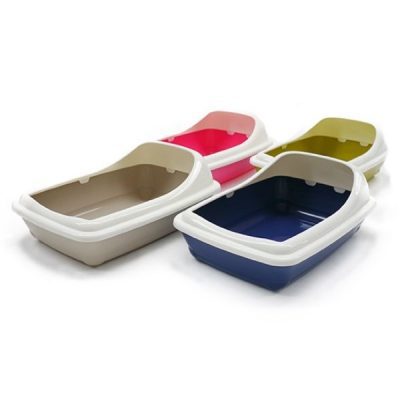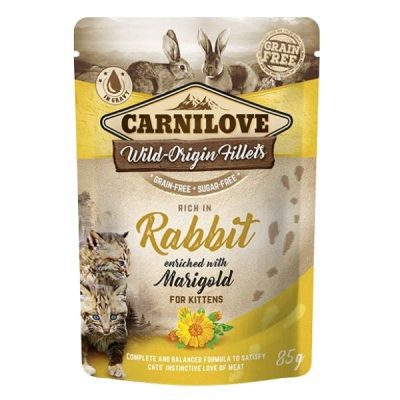With Easter fast approaching and the shop shelves filling top to bottom with chocolate. It is important to be fully aware of the dangers that come with Easter. Your pet is oblivious to the chemical dangers that are in these Easter treats and it is down to you, their human owner, to know and understand the dangers and just how to prevent them happening.
Which is where we come in! In this blog, we are going to cover the common dangers of Easter treats and everything you need to know about them!
Hot Cross Buns:
Humans love these, dogs too. But the danger of the contents of this doughy mixture can create quite a big ordeal within your best friends tummy. The raisins, sultanas and currents have a negative effect on the kidney function of your dog and it has been known to lead to kidney failure in the long term.
Scientists aren’t quite sure what is in raisins and sultanas that create such a danger to our dogs. Some dogs have eaten large amounts of raisins and suffered no effects. However, some have eaten a few – mostly large breeds – and died afterwards.
Sharing even a small amount with your pet can be the line between life and death. Save yourself the heartache and keep them away from hot cross buns altogether.
Easter Eggs:
Chocolate contains the chemical ‘theobromine’, which is toxic to dogs. Theobromine is the chemical in cocoa beans that give the chocolate the energy. The darker the chocolate the higher the level of theobromine meaning the more poisonous it is to dogs. White chocolate doesn’t hold as much theobromine but it can still be fatty and is known to leading to pancreatic diseases.
However, even the small amount of this Easter treat can cause an increase in convulsions, fits, heart problems and hyperactivity.
You should consult your vet if your dog has eaten more than 20mg/kg of theobromine. This is equivalent to 3.5kg of plain or dark chocolate or 14g of milk chocolate.
Spring bulbs:
Although not sweet or chocolatey, we are in the perfect time of the year to plant flower bulbs in the garden. If you plan to do this, choose wisely where you are going to plant these Easter delights. Especially if your dog loves to dig or chew in your garden.
The main easter flower, the daffodil, is poisonous to dogs and sometimes even fatal. They can make your dog wobbly, sleepy and sometimes even lead to fits. It is known that they can give your dog a poorly stomach and vomiting.
Similarly, tulips are also highly disruptive for your dog’s wellbeing and health. Affecting the mouth and most commonly the gastrointestinal tract – the organ system within humans and dogs which takes in food, digests it to extract and absorb energy and nutrients – experiencing drooling, difficulty breathing and heart problems, only a few of the major symptoms of tulip poisoning.
Please find a list below of fruit, plants and vegetables that are poisonous to dogs. Those listed in bold are potential fatalities for dogs, please take extra care with these.
- Apples (pips)
- Apricots (kernel)
- Azalea
- Bluebells
- Buttercups
- Cyclamen (root)
- Daffodils (blubs)
- Elderberry
- Foxglove (leaves and seeds)
- Hyacinth (bulbs)
- Ivy (whole plant)
- Lupin (leaves, seeds)
- Onion (causes anaemia)
- Peach (stones and leaves)
- Rhododendron
- Rhubarb (leaves)
- Sweetpea (stem)
- Tulips
- Wild cherry tree (twigs and foliage)
- Yew (berries and foliage)
What should I do if I think my dog has eaten something it shouldn’t?
Don’t sit and wait for the symptoms to appear if you think that your dog has eaten something potentially dangerous, contact your vet immediately and ask for advice.
If you know that they have eaten something for definite, take them to your vets immediately to seek advice.
If you aren’t too sure, make a list of everything they could have eaten and drunk, how much they have swallowed and what symptoms they are experiencing before consulting your vet for advice.
With any questions, please do contact us here or message us on Facebook. Alternatively, call us on 01902 494 860.
Please find our other blogs here.









